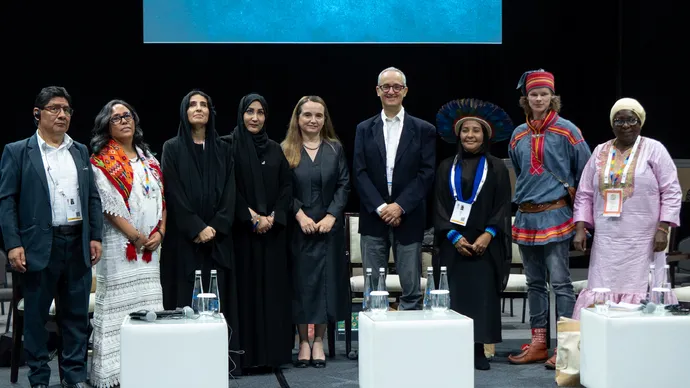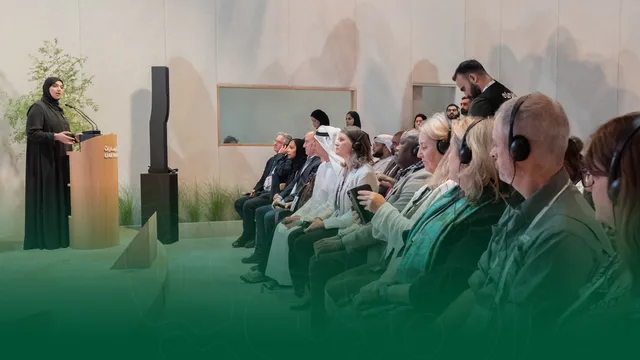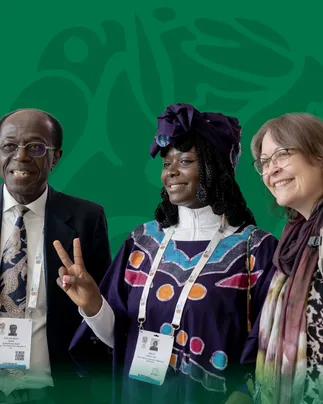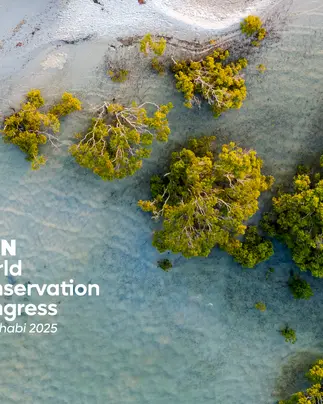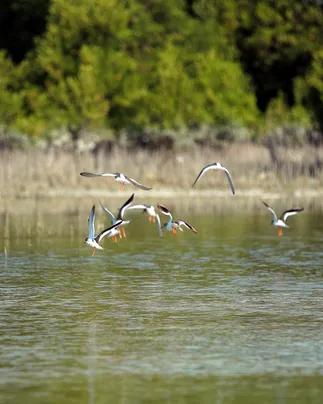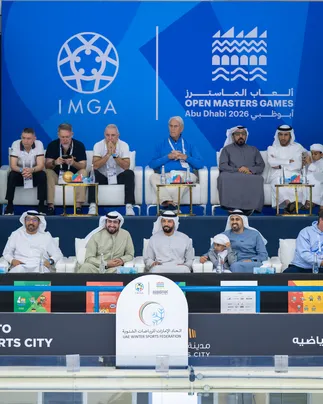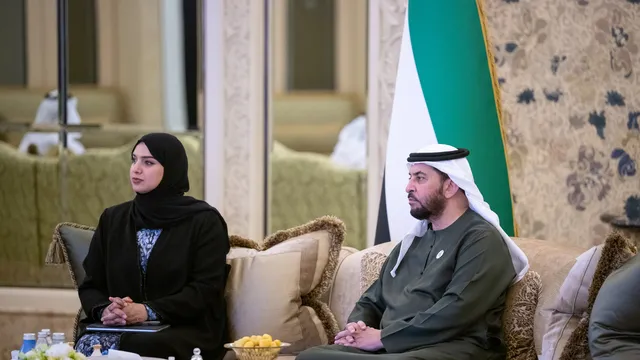Indigenous leaders from every region of the world convened in Abu Dhabi for the opening of the World Summit of Indigenous Peoples and Nature, marking a historic first in the 77-year history of the International Union for Conservation of Nature (IUCN).
Held during the IUCN World Conservation Congress, the summit brings together nearly 200 Indigenous representatives, governments, donors, and international organisations to strengthen the leadership of Indigenous Peoples in shaping global biodiversity and climate agendas.
The gathering underscores a shared global commitment to recognise Indigenous Peoples as custodians of more than 80 per cent of the planet’s biodiversity — and to embed their knowledge, governance systems, and traditions at the heart of conservation policy and practice.
Convened by IUCN and hosted by the Environment Agency – Abu Dhabi (EAD), the summit represents an unprecedented opportunity to align traditional knowledge with modern science in pursuit of global goals such as the Kunming-Montreal Global Biodiversity Framework and the Paris Agreement on Climate Change.
For the first time, all Indigenous Member organisations of IUCN met in person to set shared priorities for nature. The event also inaugurated the Indigenous Peoples Pavilion at the IUCN Congress exhibition – more than a dedicated space, it symbolised a partnership between knowledge, culture, and science that shaped conservation dialogues through the week.
Speakers at the opening ceremony included Her Excellency Dr. Shaikha Salem Al Dhaheri, Secretary General of EAD; Her Excellency Razan Khalifa Al Mubarak, President of IUCN; Dr Grethel Aguilar, Director General of IUCN; Ramiro Batzin, IUCN Vice President and Council Indigenous Peoples’ Representative; and Anita Tzec, Maya Yucatec Leader and Senior Programme Manager, Indigenous Peoples and Conservation (IUCN).
They were joined by Puyr Tembé, First Secretary of Indigenous Peoples of the State of Pará, Brazil; Kerry Max, Deputy Director at Global Affairs Canada; Lucy Mulenkei, Co-Chair of the International Indigenous Forum on Biodiversity; and Niila-Juhán Valkeapää, Vice-Chair of the Youth Council of the Sámi Parliament in Finland. Minister Sonia Guajajara, Brazil’s Minister of Indigenous Peoples and Indigenous Peoples’ Representative for COP30, joined virtually.
Elaina Cox, a Top 25 Environmentalist Under 25 award winner, specialising in the incorporation of Traditional Knowledge and practices in decision-making processes, said: “I was there when the Kunming-Montreal Global Biodiversity Framework (GBF) was adopted, but there was very little Indigenous participation at the time. Although the Subsidiary Body at COP16 was a formal recognition of the knowledge of Indigenous Peoples, this summit in Abu Dhabi has been revolutionary in that it is the longest gathering we have had – three full days of conversation and commitment to climate goals, which makes us feel seen and valued. All Indigenous People want is to be heard, and as a Mi’kmaq, I look forward to more of this.”
Her Excellency Dr. Shaikha Salem Al Dhaheri, Secretary General of the Environment Agency – Abu Dhabi, said: “This summit shows what is possible when the world listens to Indigenous voices – those who have protected the planet’s richest ecosystems for millennia. The UAE is honoured to help host this global gathering that celebrates the unity of traditional wisdom and modern science.”
Her Excellency Razan Khalifa Al Mubarak, President of IUCN, said: “For Indigenous Peoples, nature is not a commodity – it is identity itself, the source of life, culture, and belonging. This summit is a milestone not only for IUCN but for conservation globally. Indigenous knowledge and traditions are not an addition to our work – they are at its heart. Together, we are building a future where Indigenous leadership guides how the world protects and restores nature.”
Dr Grethel Aguilar, Director General of IUCN, said: “This summit represents IUCN’s deep commitment to partnership with Indigenous Peoples. It is an opportunity to turn decades of dialogue into concrete action – ensuring that Indigenous voices are reflected in decision-making, that access to finance is equitable, and that the conservation community learns from the wisdom and governance systems that have sustained nature for generations.”
Following the opening, Indigenous leaders joined Emirati hosts in the Abu Dhabi desert for a Knowledge Exchange, an informal cultural and policy dialogue designed to deepen mutual understanding of traditional knowledge systems. The gathering featured presentations, storytelling, and discussions on practices of coexistence with nature – from the rainforests of the Amazon and the Arctic tundra to the islands of the Pacific and the Arabian Peninsula – highlighting shared approaches to conservation, sustainable resource management, and community stewardship across diverse ecosystems. Insights from the exchange will inform ongoing collaboration between Indigenous communities and global conservation partners throughout the IUCN World Conservation Congress and beyond.
Outcomes from the summit have contributed to shaping IUCN’s 2026-2029 Programme, reinforcing collaboration between global biodiversity, climate, and sustainable-development goals.


